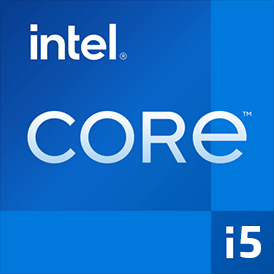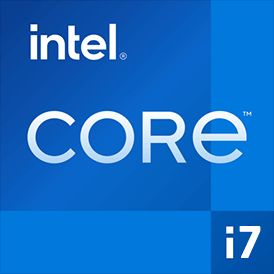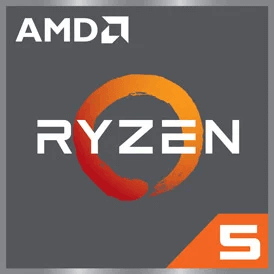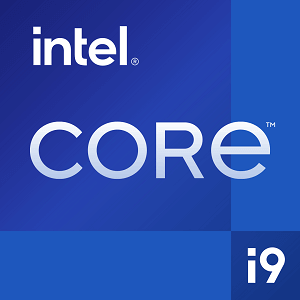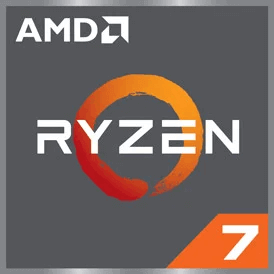Intel Core i5 8210Y vs Intel Core i7 1160G7
We compared two laptop CPUs: Intel Core i5 8210Y with 2 cores 1.6GHz and Intel Core i7 1160G7 with 4 cores 0.9GHz . You will find out which processor performs better in benchmark tests, key specifications, power consumption and more.
Main Differences
Intel Core i5 8210Y 's Advantages
Lower TDP (7W vs 15W)
Intel Core i7 1160G7 's Advantages
Released 1 years and 11 months late
Better graphics card performance
Higher specification of memory (4267 vs 2133)
Larger memory bandwidth (51.2GB/s vs 33.3GB/s)
Newer PCIe version (4.0 vs 3.0)
Higher base frequency (2.1GHz vs 1.6GHz)
Larger L3 cache size (12MB vs 4MB)
More modern manufacturing process (10nm vs 14nm)
Score
Benchmark
Cinebench R23 Single Core
Intel Core i5 8210Y
837
Intel Core i7 1160G7
+39%
1168
Cinebench R23 Multi Core
Intel Core i5 8210Y
1572
Intel Core i7 1160G7
+104%
3215
Geekbench 6 Single Core
Intel Core i5 8210Y
1052
Intel Core i7 1160G7
+69%
1787
Geekbench 6 Multi Core
Intel Core i5 8210Y
1755
Intel Core i7 1160G7
+62%
2848
Geekbench 5 Single Core
Intel Core i5 8210Y
738
Intel Core i7 1160G7
+77%
1309
Geekbench 5 Multi Core
Intel Core i5 8210Y
1559
Intel Core i7 1160G7
+177%
4320
Passmark CPU Single Core
Intel Core i5 8210Y
1704
Intel Core i7 1160G7
+54%
2639
Passmark CPU Multi Core
Intel Core i5 8210Y
2798
Intel Core i7 1160G7
+227%
9168
General Parameters
Oct 2018
Release Date
Sep 2020
Intel
Manufacturer
Intel
Laptop
Type
Laptop
x86-64
Instruction Set
x86-64
Amber Lake-Y
Core Architecture
Tiger Lake UP4
i5-8210Y
Processor Number
i7-1160G7
BGA-1515
Socket
BGA-1598
UHD Graphics 617
Integrated Graphics
Iris Xe Graphics G7 96EU
Package
14 nm
Manufacturing Process
10 nm
7 W
Power Consumption
7-15 W
100 °C
Peak Operating Temperature
100 °C
CPU Performance
2
Performance Cores
4
4
Performance Core Threads
8
1.6 GHz
Performance Core Base Frequency
0.9-2.1 GHz
3.6 GHz
Performance Core Turbo Frequency
4.4 GHz
2
Total Core Count
4
4
Total Thread Count
8
100 MHz
Bus Frequency
100 MHz
16x
Multiplier
9-21x
32 K per core
L1 Cache
96 K per core
256 K per core
L2 Cache
1280 K per core
4 MB shared
L3 Cache
12 MB shared
No
Unlocked Multiplier
No
Memory Parameters
DDR3L-1600, LPDDR3-2133
Memory Types
LPDDR4x-4267
16 GB
Max Memory Size
32 GB
2
Max Memory Channels
2
33.3 GB/s
Max Memory Bandwidth
51.2 GB/s
No
ECC Memory Support
No
Graphics Card Parameters
true
Integrated Graphics
true
300 MHz
GPU Base Frequency
300 MHz
1050 MHz
GPU Max Dynamic Frequency
1100 MHz
192
Shader Units
768
24
Texture Units
48
3
Raster Operation Units
24
24
Execution Units
96
15 W
Power Consumption
15 W
4096x2304 - 60 Hz
Max Resolution
-
0.4 TFLOPS
Graphics Performance
1.69 TFLOPS
